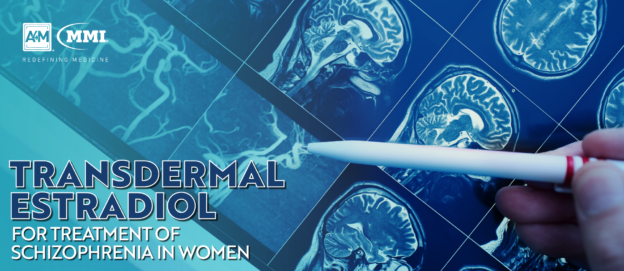Owning a pet has been associated with many health benefits, ranging from decreased blood pressure and cholesterol levels to increased life expectancy. Pet dogs specifically provide opportunities for increased physical activity, socialization, and time spent outdoors while also improving emotional well-being by providing their owners with companionship. As a result, pet ownership is on the rise, according to data from the American Pet Products Association’s National Pet Owners Survey. Per current estimates, 67% of households in the United States own at least one pet – which equals approximately 85 million homes across the country.
The full extent of the health benefits – and risks – of pet ownership is yet unknown, however, the latest research reveals that there may be positive neurologic implications of owning a dog. Published online in the journal PLOS One, a recent study from Johns Hopkins Medicine implicates that exposure to dogs at an early age may have psychiatric health benefits, including the lessening of the likelihood of schizophrenia development in adulthood.


